All that is gold does not glitter
If there's one word that can sum up year 2022 it is 'Change' with a capital C. Most of us here have had to cope with bucketloads of it - some good, some not so great - new jobs, relocation, going back to school, major health issues and of course the never-ending pandemic. To accommodate these changes, it's been necessary to find a new iteration of WEP and that's what we are bringing to you in 2023. Enjoy the updated, more streamlined WEP site and find out more about the host team here.
Be that as it may...through all the changes and iterations, the writing experience at WEP and the rigorous discipline of the two-step selection of winners - those are not something that we are willing to compromise on. It doesn't glitter much but it's gold!
The old that is strong does not wither
Therefore, WEP still remains the same close-knit, passionate creative writers' community, a safe space for writers at any level of proficiency to come and hang out, ask questions, try a different voice, a different genre, learn and grow, challenging themselves with writing to our prompts and having prodigious fun in the process. Win a critique of the first chapters of your current WIP or submit your short story. A professional critique will take your writing to the next level. Many of our members have written with us and gone onto publication, who knows? - you could be the next!
Another thing that remains the same through all upheavals and iterations is our rigorous ideation process to find compelling, luscious prompts for you to write to. After the success of the artworks prompts and musical ones, we have turned to the movies, naturally. Five gems of moviemaking to inspire you with their wide ranging themes or their iconic visuals. Five film classics that have stood the test of time and feature in many top hundred, top fifty lists. Lose yourself in their glamour, in their epic storytelling, in their lofty, universal themes or pick one tiny aspect - a motif from the poster, an episode with a minor character, a setting or a place.... and see what they inspire you to write. Come and experience some movie magic prompts with us. Happy writing!
February
The Valentine month - what else can the prompt be but Gone with the Wind? - the epic tale of Scarlett O'Hara finding Love At Last! and losing it the very next moment.
Remember,
it's all about what inspires you:
GWTW can be the
springboard for a million ideas- civil war, love, the definition of beauty
(‘Scarlett O’Hara was not beautiful but men seldom realized it..’), racism,
slavery, strong women, gun violence, plantations, breaking conventions, the
bond between fathers and daughters, mothers and daughters, the love for a piece
of land, a lament for a vanishing society…alternatively, even an essay on the
stars or the film director or the author Margaret Mitchell or some aspect of
the making of the film...endless opportunities for creativity.
Post - February 15th to 17th, 2023
April
At the basic level, Life is Beautiful is about protecting children from the trauma of war, about paternal love, about one family's struggle for survival amidst the horrors of the concentration camp. The setting is WWII and the Holocaust, and the wider issues surrounding them. But war and weaponry aren't the main focus, more on using wits and humour as weapons. It's the story of Guido, a Jewish young man set in 1939 in fascist Italy. He meets Dora, a woman from an upper class family and so, out of his reach. But he wins her over gradually through arranging 'accidental' meetings. They marry, run a bookshop, have a son and...life is beautiful. This idyll is rudely interrupted by Guido and his son being captured suddenly and sent to a concentration camp. Guido seeks to protect the child from the harshness of camp life by making it into a game. In the end, Life is Beautiful teaches us that with courage, humour and love, the most daunting of challenges can be overcome. That love doesn't baulk at sacrifice and can triumph even over death.
As with all our prompts - there are many potential directions to explore. Firstly, the indirect - the setting : war, fascism, the Holocaust, Italy, any one of them can inspire a flash or a poem. The underpinning issues of World War II or any war - the racism, the random cruelty, the injustice, the tragedy, the humour and poetry and other spinoffs. Then there is the direct, intimate angle - the not-so-rich-boy-meets-upper-class-girl motif. There's the bond between father and son to weave into a story. The games adults play with (their) children. The desire to safeguard one's own even at the cost of death. Countless possibilities.
Post - April 19th to 21st 2023
~*~
June
Close Encounters of the Third Kind is an iconic 1977 Spielberg movie, in fact Ray Bradbury called it the greatest sci-fi movie ever made. The storyline combines three threads in parallel - broadly reflecting the three kinds of encounters, i.e. sighting, evidence and contact with alien life. An ordinary electrician sees an UFO and has his life upended. A little boy finds his toys operating spontaneously and is later abducted, his mother believes by aliens. Meanwhile, a group of scientists are trying to establish contact with lifeforms in outer space and are nonplussed with the response they get. All three converge to a spot where the climax - a monumental event unparalleled in human history, unfolds. The film tells the story of the first contact between non-invading aliens and earth. It is characterised by opulent sets and mind boggling special effects and many instances of Judeo-Christian imagery. For all the opulence and slick effects, it is a simple, engaging story compellingly told.
There are a gazillion ways to interpret this sci-fi classic - use the genre as a base to write your own sci-fi flash. Or riff off the idea of first contact. Celebrate cross cultural communication between groups without a common language/reference points like the film does. Use kidnapping, failing marriage, a paranormal event turning life upside down - any or all to build your flash around. Maybe use three characters' experience of an event. The basic human hankering for exploration, for connection, for finding a place in a community, even up to a galactical community. Maybe take up the story from where it ends - what happens after first contact. How the alien lifeforms and humanity build a relationship and navigate it in the future.
Or maybe not. Go off and do your own thing. Remember, it is about your interpretation, what you choose to draw from the words and images to craft your own unique story, as big-epical or as teeny tiny-intimate as you like.
August
Chocolat is a delightful fable about Vianne, a modern day suspected witch, who blows in with a north wind into the fictional village of Lansquenet somewhere in 1950's France with her charming daughter Anouk and the ashes of Vianne's late mother. She buys up a defunct bakery and converts it to a chocolaterie. And opens it on the first day of Lent which immediately puts her in conflict with the mayor. He thinks it is immoral and a temptation to those who're fasting for Lent. As the story progresses the chocolaterie becomes a rendezvous where old lovers reunite, grandmothers and grandsons bond and women find the strength to face up to their abusers. The residents increasingly fall under it's spell but a small number of moral police continue to oppose her.
A group of Roma people come to camp - most of the townsfolk dislike them but Vianne is friendly and accepting. She becomes romantically involved with the camp leader Roux. Things draw to a head as a fire breaks out on a boat after a birthday party they organise. Though no one is hurt, Vianne is shaken. Roux and the Roma's leave. The mayor thinks the fire is divine intervention till it is revealed otherwise, to his shock. The north wind blows again, but Vianne does not move and chooses to settle.
Chocolat has many possible interpretations - base your flash on the confection itself, a chocolate shop, a café, a 1950's setting, France or French cuisine... Another direction could be to use a suspected witch, a character with magical powers/recipes. Or a romance between two disparate people with different worldviews/lifestyles. Yet another could be about the broader themes - outsider versus insiders, settlers versus nomads, prejudice, morality, hedonism, entrepreneurship, traditions, the arbiters of taste. Lent, Easter and resurrection - their message of love as opposed to the harsher strictures of organised religion. Or spring festivals from other parts of the world. So many ways to go and get creative, which is it to be?
Post - Aug 16th to 18th 2023
~*~
October
________________________________________________________________________
PAST CHALLENGES
CHALLENGES 2022
CHALLENGES 2022
Out in the world, Year 2021 was almost as rough as 2020, why did we ever think it would be otherwise?– BUT, as we all know by now, WEP is a pandemic proof space! Bad things pause just outside its borders. Not only that, good things happen in here, in spite of the raging challenges that have affected all of us to a greater or lesser extent these last couple of years. Your hosts Denise, Renee and Jemi have had books released in 2020/21, Olga’s fiction has found a place in the IWSG’s annual 2020 anthology, while Laura, Nila and several WEP members have reached different milestones in their writing journeys. Who knows, maybe you could be the next!…because many of our long time participants have gone onto publication with a flash first seeded at WEP. Come join us and beef up your writing mojo!
After the smash hit success of the artwork prompts, your hosts unanimously and instinctively turned to…MUSIC. Not only is music food for love, it is food for thought also. How many of us listen to a favourite number while working...relaxing...exercising? It provides the soundtrack to our lives, from lullabies to love songs to laments. We often peg our memories with a certain music or song and equally, turn to them for comfort when all other communications fail. Music is a bottomless source of inspiration as primal or as sophisticated as the context demands.
So here we are again - do join us for this yearlong, thought provoking and creative blogfest from your own creative writing community - it’s going to take your writing to the next level, guaranteed. Each of these Challenges was developed after intense and long brainstorming by your hosts. Most are drawn from chart toppers and/or award winners, their iconic composers/lyricists/singers famous across the world, the melodies covered by current artistes and amateurs alike long after they were first released. Come, immerse yourself in the music and see what it sparks off in you…
A quick recap of the house rules - we welcome any genre except erotica, max word count 1000. Present your interpretation of the prompt in flash fiction, poetry, or creative non-fiction. Remember the blurbs here are just to get your creative juices flowing; you can take them or leave them as you wish. Help yourself to an option here, or devise your own inspiration and blaze your own unique trail. It's totally up to you.
First, a big round of applause for Olga Godim, our inhouse badge designer par excellence, who has drawn up another set of sumptuous badges in consultation with the team for display on our sidebars. Put the annual badge on yours and let's get writing!
Welcome to Challenges 2022!
~v~v~v~v~v~
February
What could be more appropriate for the Valentine month than All You Need is Love, by the Beatles? (Listen to this number by clicking on the title.)
The Beatles were an iconic band formed in Liverpool, UK in 1960 who revolutionised Western popular music. Their music was a crucial factor in the development of the 1960’s counterculture and their influence on contemporary music and performers cannot be over estimated. They are revered as the most popular band of all time - pioneers in recording, song writing and presentation, the Beatles’ works were pivotal to popular music being recognised as an artform in its own right. They have sold around 600 million records worldwide, their music has shaped the entire music industry of the 20th century and beyond. Read more about the Beatles and about this song by clicking on the links.
All you need is love – interpret this any which way you like.
Tell us a story about lovers overcoming unsurmountable odds with the power of their love.
Or spin a flash about parental love, unconditional and endless.
Or about platonic love, the support network that friends provide without which individuals can’t function.
All you need is love...or do you? Turn it on its head and tell us how insufficient it is to get by on love alone.
Put the words of the title into the mouth of your MC. Or a minor character. Or have it play somewhere in the background, barely noticeable...
You see, there are as many takes as there are forms of love.
Remember, there’s no genre restrictions – it’s not necessary to write a traditional romance just because it’s February. Interpret the prompt in the most unValentine-y manner if you like – satire, horror, fantasy, any and all are welcome here, except erotica.
~v~v~v~v~v~
April
A Hard Rain’s Gonna Fall has been described as the ‘most idiosyncratic protest song ever written.’ Bob Dylan, the Nobel Laureate and another 60's icon, wrote, composed and sung it in 1962 when he was only 21. It’s been covered by many artistes including Pete Seeger, Joan Baez and has never really stopped being sung ever since. Dylan has sold more than 125 million records/albums making him one of the most popular artistes of all time.
The form is modelled on the traditional ballad in the question and answer format, the themes being human suffering – pollution, warfare, isolation, angst. Sixty years after Dylan presented it at a performance at Carnegie Hall, the lyrics are striking in that how relevant they are still, how contemporary their feel and the depth of their appeal. Read more about the song here and here.
This one is wide open to all kinds of interpretations. Because human suffering – it’s as wide, deep and long as life is, of a trillion takes potential.
Use it to zoom in on our current ‘hard rain’ of covid. Chisel out your own pandemic flash from what’s going on around you.
Or weave a tale of some other woe – bleeding hammers, broken tongues, dead oceans, homes in the valley meeting damp, dirty prisons. The lyrics are epic, apocalyptic and offer rich pickings. Set your tale around the climate issues; the refugee crisis; the endless hardships that the hard rains of bullets and bombs, volcanic eruptions, oil spills have brought.
Or bypass all the bleakness and melancholy and simply spin a conversation between a parent and a child on some deep life issue. Or a light-hearted one. A million directions to go. The possibilities are endless.
A free hand is what we give you, you give the song a listen and see what happens...
~v~v~v~v~v~
June
This month's prompt is based on Please Read the Letter by Robert Plant and Alison Krauss - a break up song and a moving plea for understanding at the termination of a relationship. Neither of these musicians need an introduction of course, both have umpteen awards to their names individually. The album Raising Sand where the track is included is a platinum with more than a million sold.
The song was first composed and recorded by Robert Plant and Jimmy Page and appeared on their album Walking into Clarksdale in 1998. It was rerecorded later again by Plant and Krauss in 2007 and was well received by critics. It went on to win the Grammy for the Record of the Year in 2009.
There could be many possible ways to treat this prompt. Who's going to write that letter? And who's it addressed to? Will you let it remain a letter or update it to a text? Or even a voicemail message? And most importantly, what's it going to be about - what's it going to say?
This prompt could be used for a straight forward break up flash - a dear John/Jane letter.
Or a note to self on the loneliness that comes with the realisation that the initial promise of a relationship will not, for some reason or other, materialise. The yearning for someone or something elusive, unreal, ethereal.
Or maybe nothing to do with a break up. Just a story that speaks to the sense of some unfinished business between two people, not necessarily romantic. Maybe a letter from a former student to a teacher... work colleagues,...social media 'friends.'
See what we mean? - just so many possibilities! Spin your own version of Please Read the Letter, we are waiting to read it...
~v~v~v~v~v~
August
This challenge is based on Moonlight Sonata by Ludwig van Beethoven a nod to Western classical music from the 19th century. A timeless masterpiece that he composed in 1801, dedicated to Countess Giulietta Guicciardi, who was briefly his student and who he fell in love with. but could not marry due to the strict social conventions of the time. The sonata, originally titled Sonata una quasi Fantasia -Piano Sonata No 14 in C sharp minor, became extremely popular during the composer's lifetime, so much so that Beethoven himself seemed to tire of it, writing to a friend that it is the only thing of his that people want to hear. It acquired its evocative nickname five years after Beethoven's death in 1832, after the poet and music critic Ludwig Relistab said it brought to mind the moon setting over Lake Lucerne.
There are a million potential ways to interpret this challenge - use the title to define your setting, a water body, a full moon, a floating craft, a romantic evening...
Use it to devise your character - a werewolf, a vampire, a modern-day witch/wizard...
Use the backstory to create your flash about circumstances scuppering a relationship...or a nickname coming to define something/someone...
Beethoven's life itself can inspire a thousand stories - listen to his music composed 200+ years ago and go where the muse takes you. And take us right along with you for the ride.
~v~v~v~v~v~
October
This is the Fear fest Challenge in which we ramp up the spook factor over here, welcoming your creepiest compositions, your most haunting and haunted tales running the gamut of paranormal, speculative, crime and horror genre. However, as always, there are no rigid rules. Feel free to write to any genre if those mentioned are not your thing.
The prompt is based on Thriller, released in the early 80's, an unofficial anthem for Halloween and horror. Both singer and song are music industry icons. Thriller has sold 70 million+ copies worldwide and Michael Jackson, known as the King of Pop, is one of the controversial and culturally significant figures of the 20th century. He is credited with some landmark music as well as reinventing complex dance moves like the moonwalk to make it his own signature. Just like the Beatles, MJ was, during his lifetime and remains, more than a decade after his death, one of the best selling artistes of all time. He has left a massive and unique thumbprint on the music/entertainment scene of the late twentieth century.
The prompt has endless possibilities. Take the lyrics to this song - they can inspire myriad flashes - the forty thousand years of funk, the beast about to strike, the thing with forty eyes - the imagery is vivid and specific and boy! can they be used to craft a creepy tale or what? Or you could use the video's own storyline to write to. Use that iconic dance with the undead, the MC's morphing into a zombie, to spin a horror flash.
Or maybe not...because, hang on...not everyone needs to be a horror/Halloween junkie. Use the demons as a metaphor. Let the dance with the zombies become an inner wrestling bout with some tragic character flaw(s) in your MC. Or weave a girl-boy-movie-night narrative. Or one of a rescue mission where the hero snatches the damsel in distress from the jaws of monsters real or imaginary. Or...just write to the title 'Thriller' - no end to the tales you could tell. You see? - a million ways to go, a million things to be!
~v~v~v~v~v~
December
The First Time (Ever I Saw Your Face) is a folk song written by Scottish musician and political activist Ewan MacColl in 1957 for Peggy Seeger, a relative of Pete Seeger and MacColl's lover at the time and wife later on. It was performed through the 60's around Britain. The track became a major break out hit in 1969 for Roberta Flack, who sang a much slower version than the original MacColl had composed. It exploded in popularity when Clint Eastwood used it to score a love scene in his directorial debut Play Misty for Me, reaching no 1 in the US Billboards and winning the Record of the Year in 1972. Many covers exist - Peter, Paul & Mary, George Michael, Celine Dion, Leona Lewis etc. Read more about this song here.
Roberta herself said about the song - I think it's the kind of song that has two unique & distinct qualities: it tells a story, and it has lyrics that mean something....Because of [its meaningful lyrics] the [song] can be interpreted by a lot of people in a lot of different ways: the love of a mother for a child, for example, or [that of] two lovers.
Yup, she nailed it - it is meaningful, and it can be many things to many people, what's going to be your take? How are you going to interpret this title? What will happen the first time your MC sees the face?
Will it be a romantic love like Ewan wrote for Peggy?...Or will your MC recoil in fear, anger or unease? ...Will some light-hearted mischief be hatched leading to a lifelong friendship?...Maybe it will be a job interview and the employer will know that the face will bring nothing but trouble?...Or might a stressed, lonely soul find his Man Friday?
The possibilities are only bounded by your imagination - the sky's the limit...show us the heights you want to reach, we're standing by to take off with you.
~v~v~v~v~v~
PLEASE spread the word and share this page with your friends on your preferred social media platforms.
Happy writing!
____________________________________________________________________________
CHALLENGES 2021
Welcome to Challenges 2021
Year 2020 has been rough, the entire world convulsed with the pandemic, climate disasters, economic meltdowns and toxic politics. As the WEP team came together to brainstorm for the directions we take in 2021, we thought our writing prompts must reflect these real world issues we are all going through. And after the runaway success of the February 2020 prompt based on Vincent van Gogh’s Café Terrace at Night, it was a no-brainer to extend that to this year. So we reached into and drew from world art, at once inspirational, evocative and comforting. Each one worth a thousand words ... neat!
So here we are - another thought provoking and creative, yearlong writing blogfest from your own creative writing community. Join us for these Challenges, developed after hours of brainstorming by your WEP hosts over the past months, and amp up your writing mojo. Many of our members and long time participants end up expanding their flashes written here into a novella; some have even gone on to getting published. Who knows, yours could be the next star!
A quick recap of the house rules - we welcome any genre except erotica, max word count 1000. Present your interpretation of the prompt in flash fiction, poetry, or creative non-fiction. Remember the blurbs here are just to get your writing muscles warmed up; you can take them or leave them as you wish. Help yourself to an option here, or devise your own inspiration and blaze your own unique trail. It's totally up to you.
First, a big round of applause for Olga Godim, our inhouse badge designer par excellence, who has drawn up another set of sumptuous badges in consultation with the team for display on our sidebars. Put the annual badge on yours and let's get writing!
February - celebrate...with some sumptuous art!
What could be more appropriate for Valentine month than Gustav Klimt’s The Kiss?
This shimmery, early 20th century painting of a couple embracing in a patch of wildflowers has riveted art afficionados across the world for decades.
Gustav (1862-1918) was an Austrian painter, a prominent member of the Vienna Secessionist movement. He is well known for his murals, paintings, and other object d’art.
The Kiss is one of his later, critically acclaimed works from what is known as his ‘Golden Phase,’ characterised by the use of gold leaf and exuberant, geometric patterns. Read more about Klimt here.
Use this amazing painting to kick off a romantic love story of star crossed lovers. Or maybe a much married pair who’ve been together for years. Of unrequited or lost love. Or any love of the other gazillion types.
For unValentinish souls, remember that there are kisses other than romantic ones. The kiss of life, the kiss of death, the kiss of betrayal, the angels’ kiss in spring. The mystical thousand ways of kneeling and kissing the ground.
One golden artwork, a zillion directions to go. Pick yours and run with it. We’re cheering for you. And can't wait to see what you come up with!
April
Freedom Morning is a watercolour by Claude Clark, the African American artist and art educator, painted in 1941.
“As a child in the churches, the schools and the community, I dreamed of a destiny. My search became a single purpose for the dignity of Black Americans.”
Claude Clark was born in Georgia in 1915. His art characterises the African American diaspora experience. He faced prejudice, poverty and racism but did not allow these to deter him. He mixed his own paints from the trashed tubes in art schools. When he could not afford the expensive brushes and cleaning agents, he developed his unique technique with the palette knife. Read more about his remarkable life here.
The interpretation of art (and prompts!) is in the eye of the beholder and this artwork is rich with possibilities.
Will you let Freedom Morning spark a flash of hope for a systematically suppressed character?
Will someone break free - of chains, of the past, of a closed mindset - after years of living with them?
Or maybe someone will watch a brand new sunrise and come to a decision to start life afresh? Rise to a challenge? :) Overcome a hardship?
Take the artwork as a whole or in part and seed that into imagination. Your canvas is unlimited.
June
The Great Wave is an iconic work created in the 1820’s by Hokusai. Katsushika Hokusai (1760-1849) was a Japanese artist from the Edo period. He was a master of Ukiyo-e, a genre of woodblock prints and paintings very popular at the time in his country. Ukiyo-e translates loosely as ‘images of the floating world.’ The Great Wave of Kanagawa, also condensed to The Great Wave, is part of a series called Thirty-six views of Mount Fuji, is Hokusai’s most well-known work. Have a peek at the series here. And read more about Hokusai here.
The immediate response to this prompt could be to relate it to the tsunami of 2004 or the Japanese nuclear disaster. And it is a small step from there to jump to the climate issues we are facing round the world, the unprecedented weather patterns and natural disasters small and large.
But a great wave need not be always of water – it can be a great wave of refugees. And of soldiers. Or protesters and last but not the least, voters.
Equally a great wave of an emotion – pain, love, bitterness, rage, nausea, which one will your characters feel?
It could even be a small wave, we'll leave the size up to you – the wave of a hand, the flutter of a flag. Or cravat/tie.
So many places to float away to, which one will you choose with this prompt?
August
Norman Rockwell was an American artist and illustrator, widely known for his illustrations for the Saturday Evening Post. This particular artwork – The Freedom of Speech, was created as a part of a series called The Four Freedoms based on a wartime speech given by FDR. The painting depicts a young, working class man standing up and expounding his ideas to a group of older, white-collar men. It was inspired by Rockwell’s visit to a town meeting where a man rose to voice an unpopular view. Read more about the Four Freedoms and explore Norman’s other works here.
This prompt has rich possibilities. Particularly topical as authorities have veered towards authoritarianism and people across the world have exploded in unrest.
Books have been banned and burnt, film shows have been mobbed by fundamentalists, newspapers/editors have been gagged, cartoonists have been shot dead, journalists and activists jailed or killed for trying to voice ideas, question authority and inform the public. Controversies on the role of social media and internet have further muddied the waters.
On the other hand, there have been fearless voices rising and speaking out. From celebrities like Meryl Streep and Greta Thunberg to lesser known but equally important local citizens and activists.
But, just as the young man in Norman’s immortal work, your interpretation need not have the huge sweep or weight of world affairs.
It can equally be a small town teenager speaking up against a bully, a young woman rising to defend a project idea to her employer, a marginalised community representative finding a spot on the local radio station.
Even a writer fighting a proposed cut by their editors - yes, you can go meta! ‘A million ways to be, you know that there are!’ :)
October
The Scream by Edvard Munch was a shoo-in for October - this challenge is devoted to the horror genre in honour of the Halloween/Samhain/observances of the other world spirits. Go as creepy as you like. But other genres are welcome too, there’s no genre police here, except that non-negotiable no to erotica.
This is a world renowned artwork symbolising the horror and angst of the human condition. It has since its creation in 1893, become an iconic representation of modern life. Read about The Scream here.
Edvard Munch was a Norwegian born artist who split much of his working life between Berlin and Paris. Mental health issues ran in the family, so Munch had occasion so observe its effects from close proximity. He was much influenced by Impressionists and post-Impressionists such as van Gogh.
The prompt is wide open to interpretations - who will it be that screams? And why – in pain, terror or exultation?
Will it be a human scream that rends the air? Or an animal one? Or a scream from another world altogether? Or will it be a cosmic scream of the planet?
A silent scream in colours, like the one Munch felt in a sunset sky above a fjord? Or an articulated one in sound and words? Just a gasp or piercingly loud? That’s up to you, we’ve got our ears cocked and ready listening for it.
December
This one depicts a classic subject by an Italian Master and needs no introduction. Narcissus is a well known character from Greek mythology – his story has been repurposed and retold all through the ages. Caravaggio was one of the prime movers of Italian art scene of the 16th/17th century and a good few of his artworks are based on the classics. He was a controversial figure in his lifetime, but has come to be recognised as an artist with far reaching influence on modern painting. He was a master of chiaroscuro and developed the use of shadows in art.
This particular painting can be interpreted many ways – will you update Narcissus’ story to fit a modern timeline?
Or retell it from a different angle/POV, perhaps a Narcissa instead?
Explore the mental disorder that is known after Narcissus and its impact on caregivers/physicians/family?
Or perhaps go in a different direction entirely - make Narcissus quite incidental to the story – maybe the painting is only a prop in the setting?
Remember there is no right or wrong interpretation, you can make the prompt front and centre of your entry. Or not. Totally your call. Think out of the box, or rather, frame – and delight us with yours.
Happy writing!
PLEASE share this page with your friends on Facebook, Twitter, on your blog and anywhere else you hang out!

.jpg)
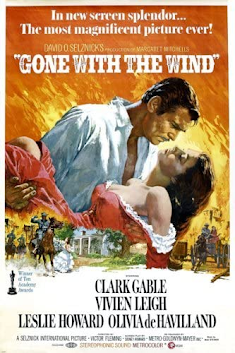



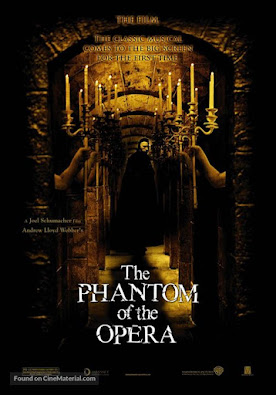

.jpg)
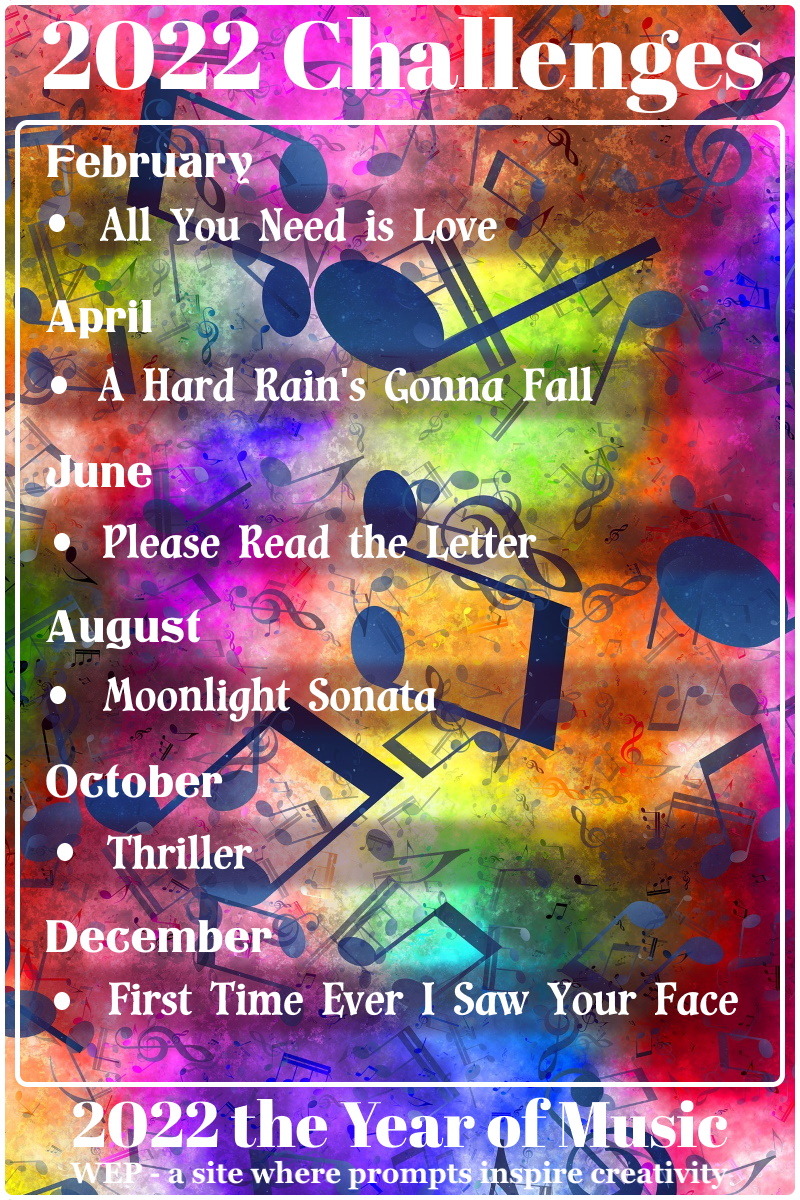
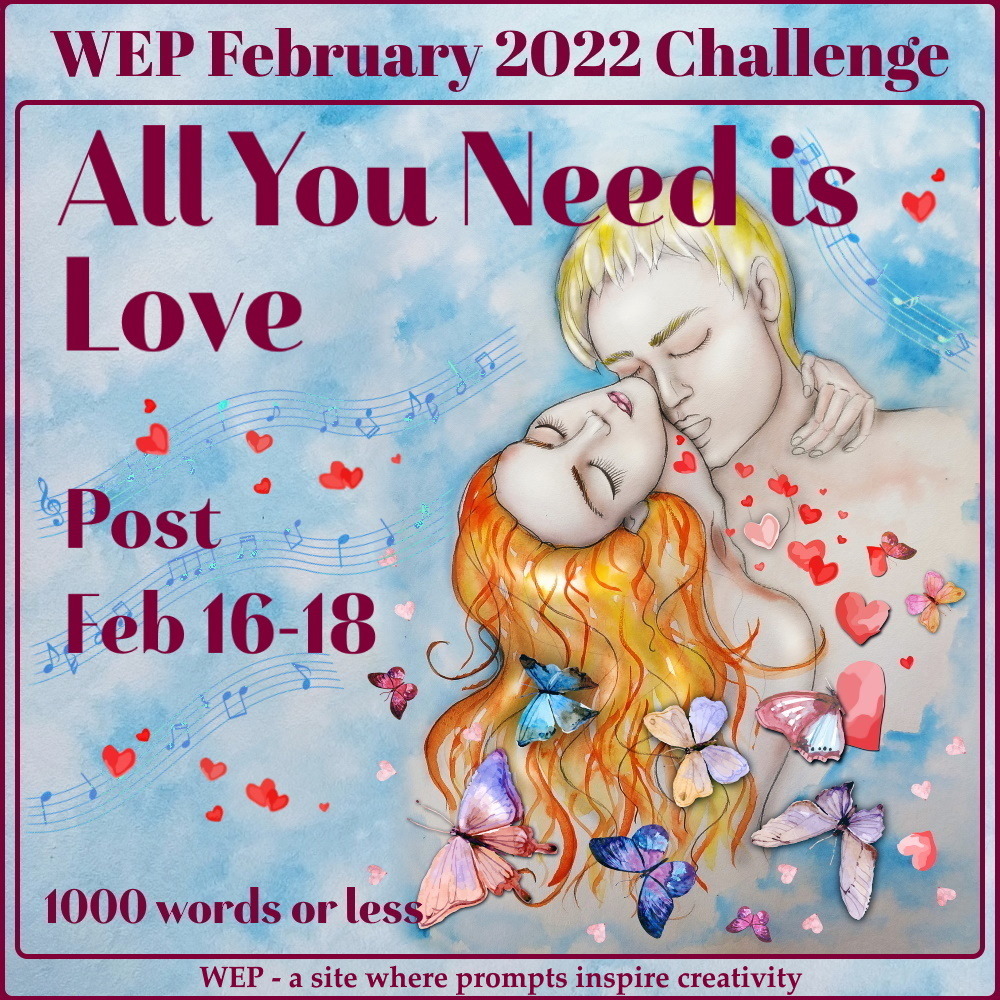
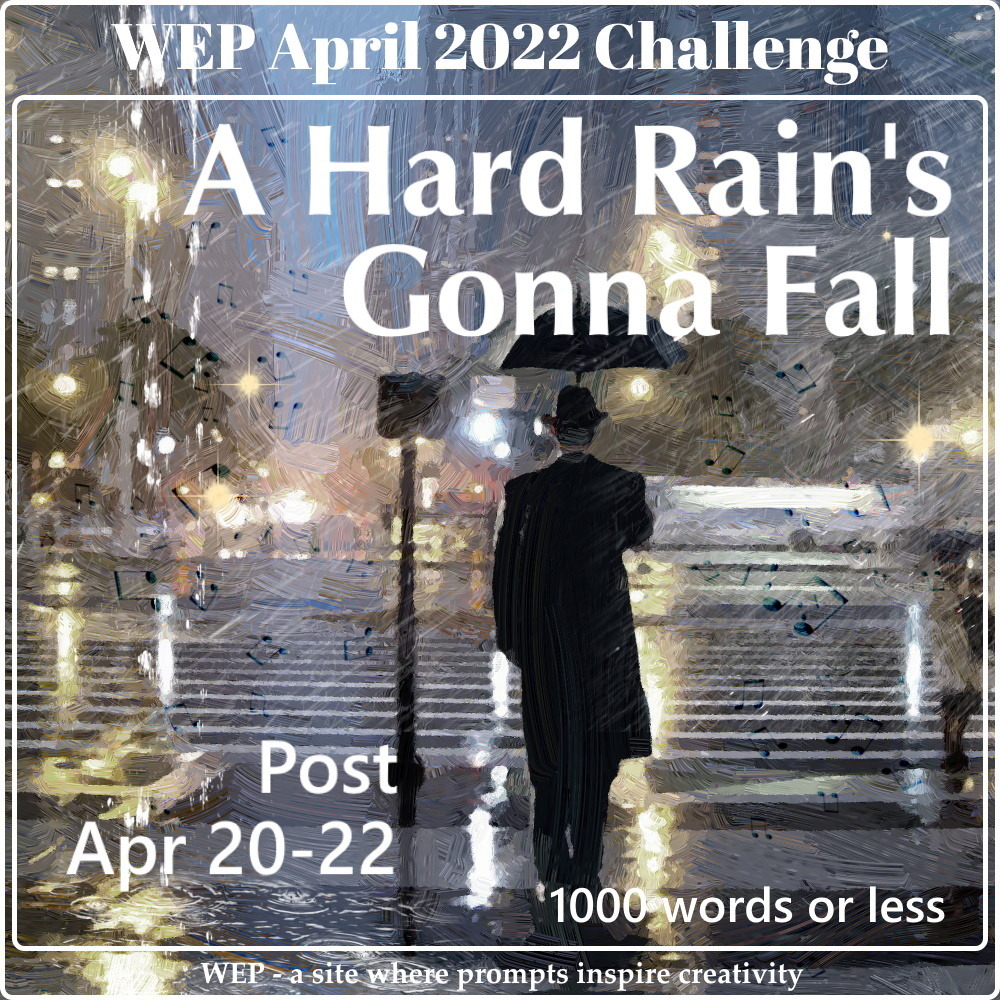
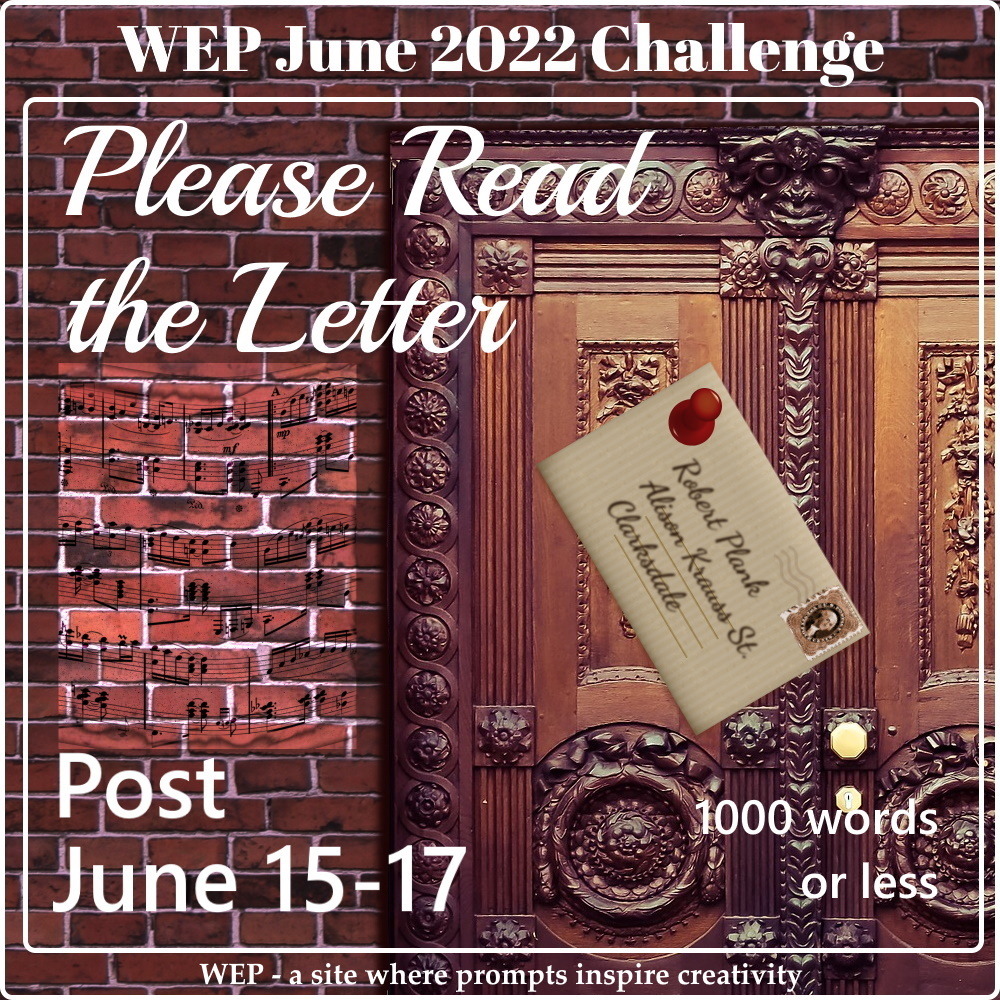
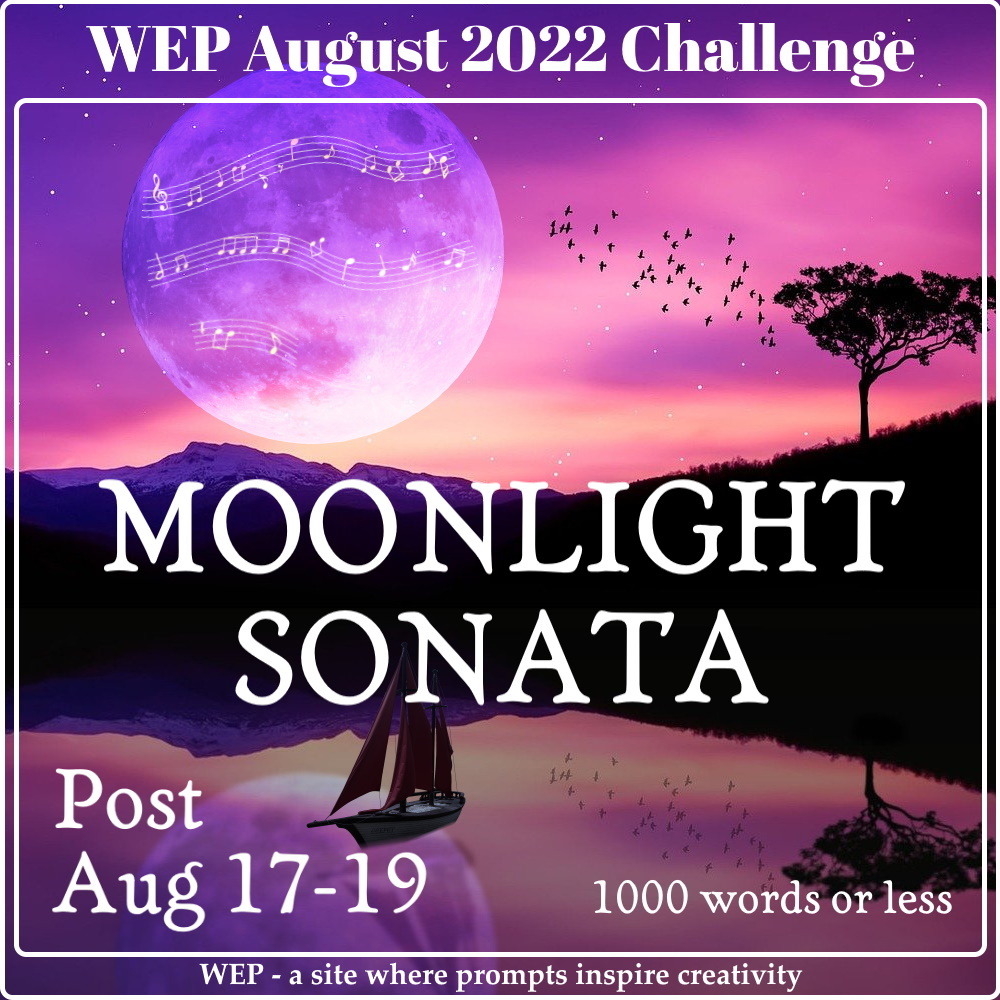
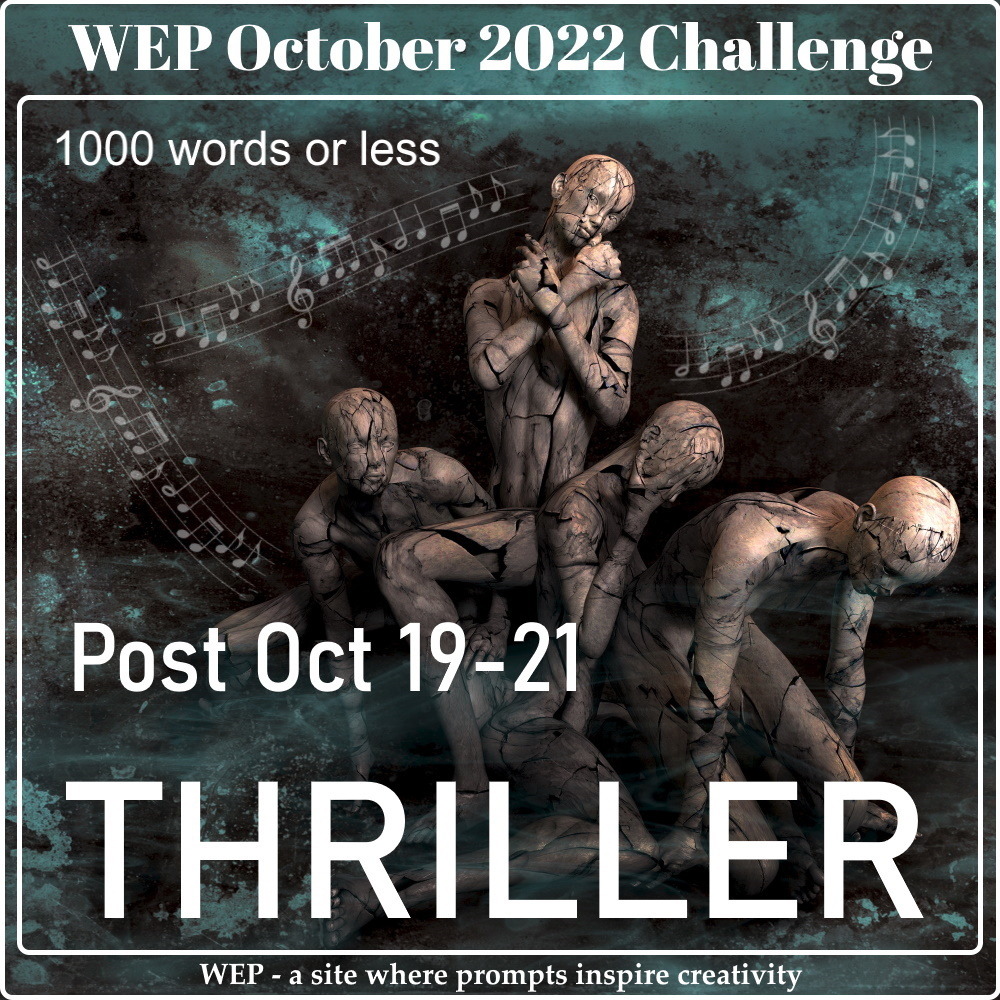




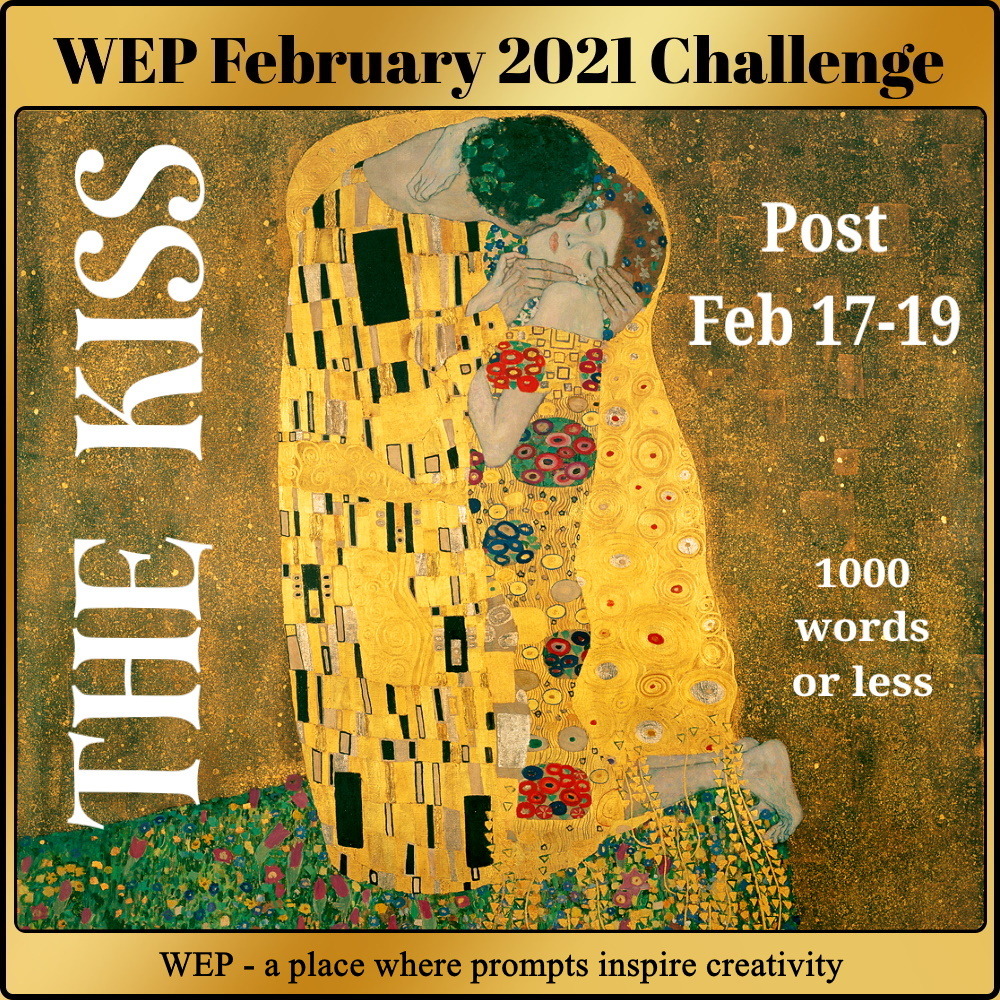
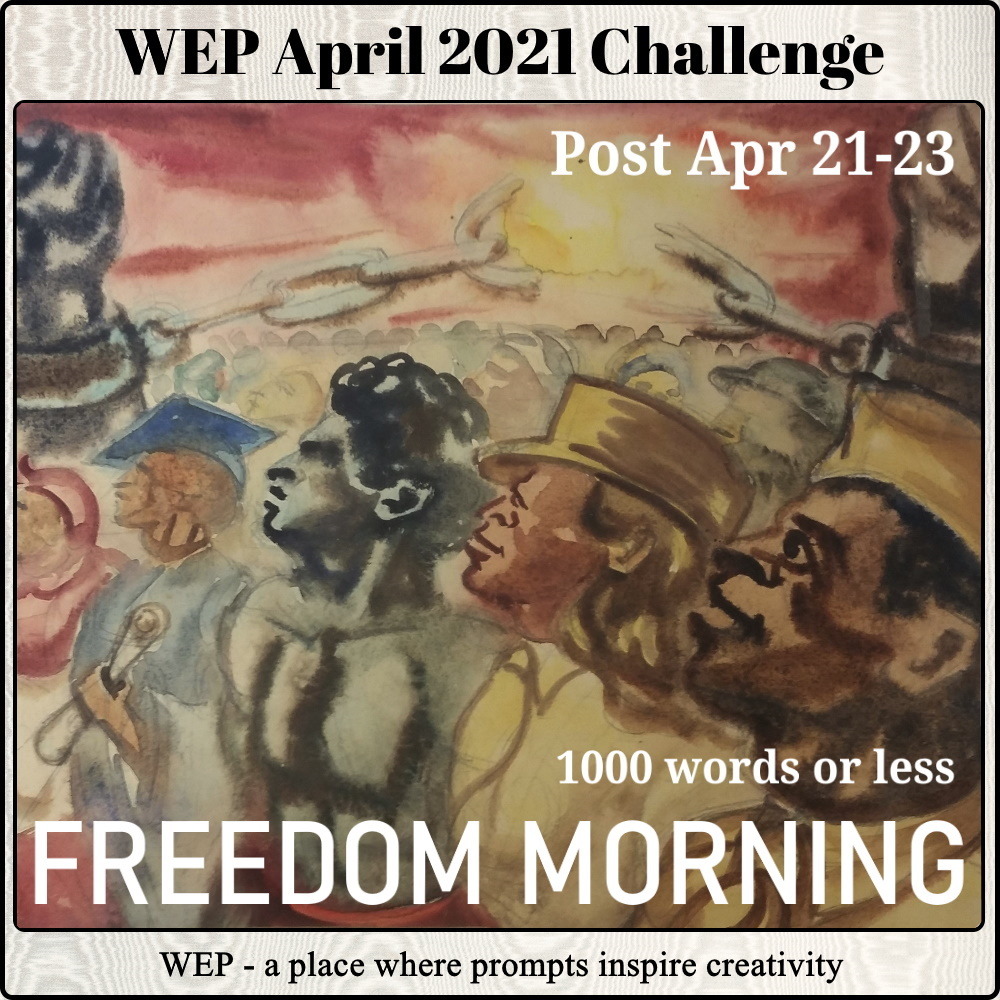
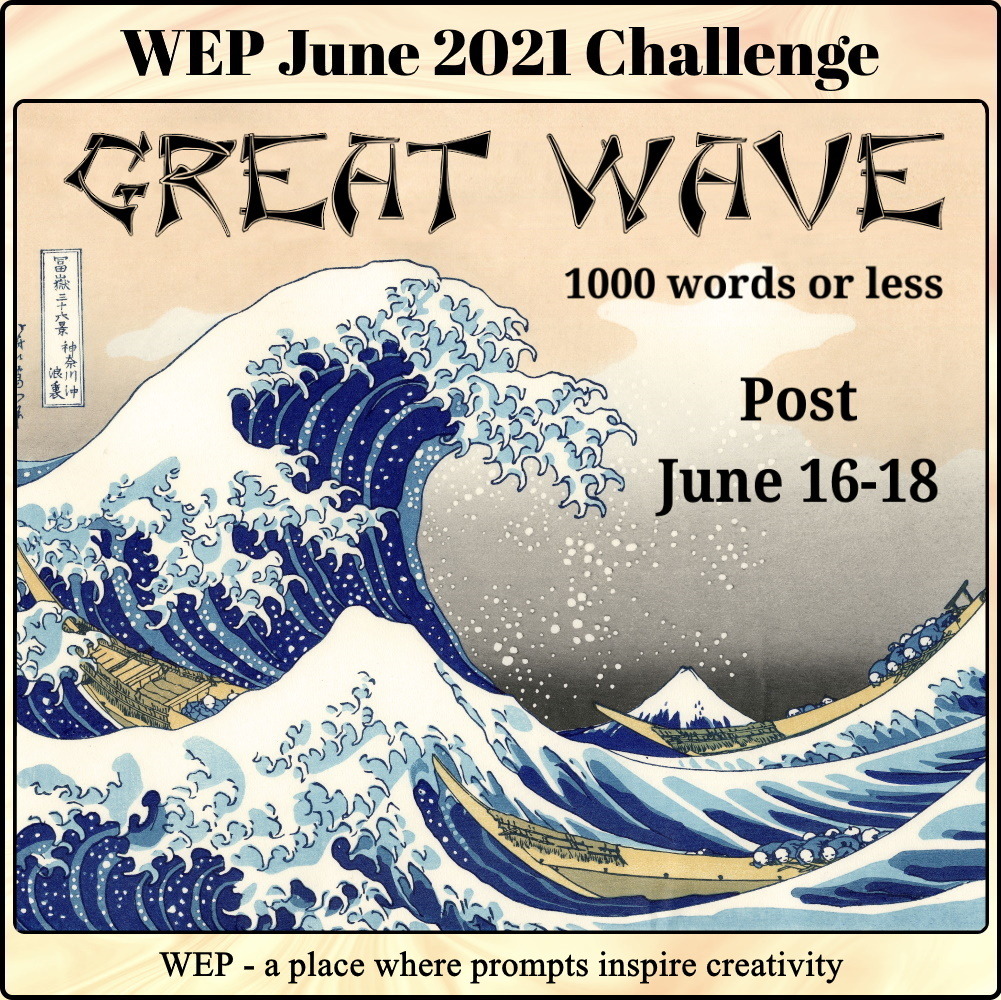
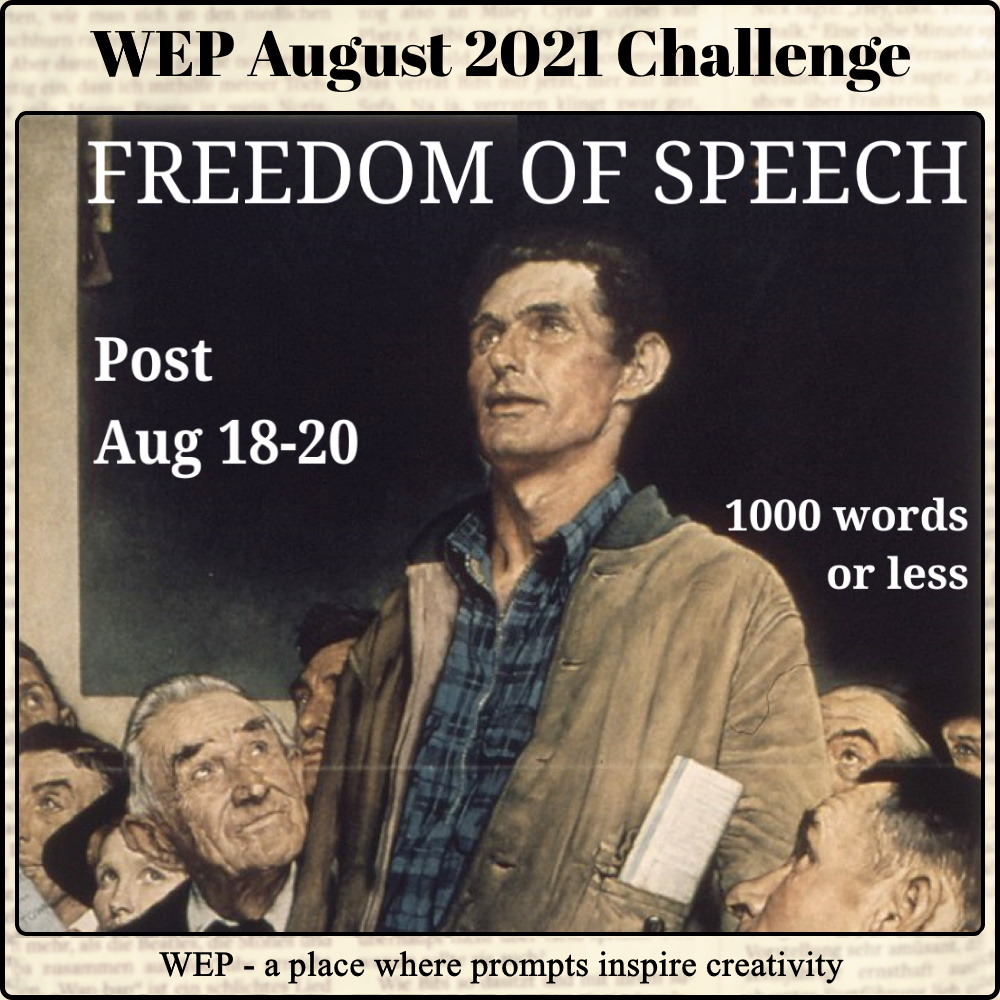
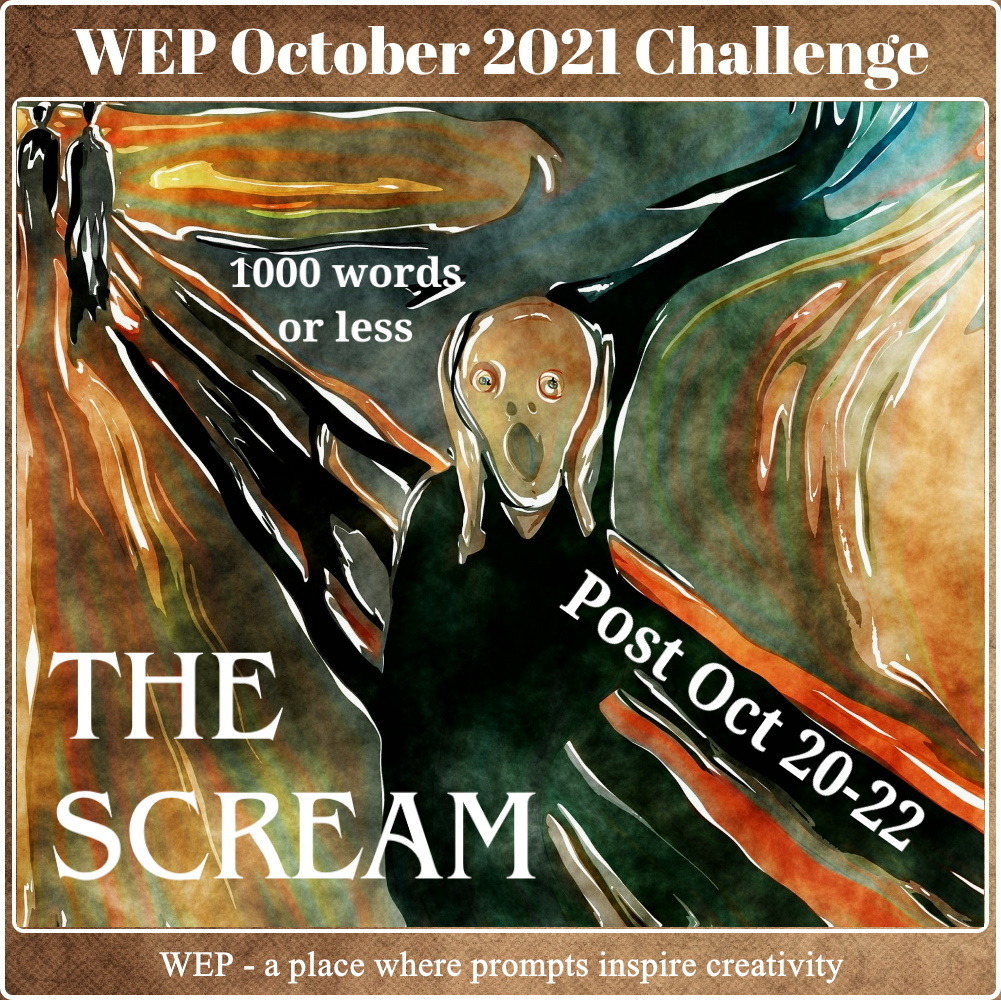

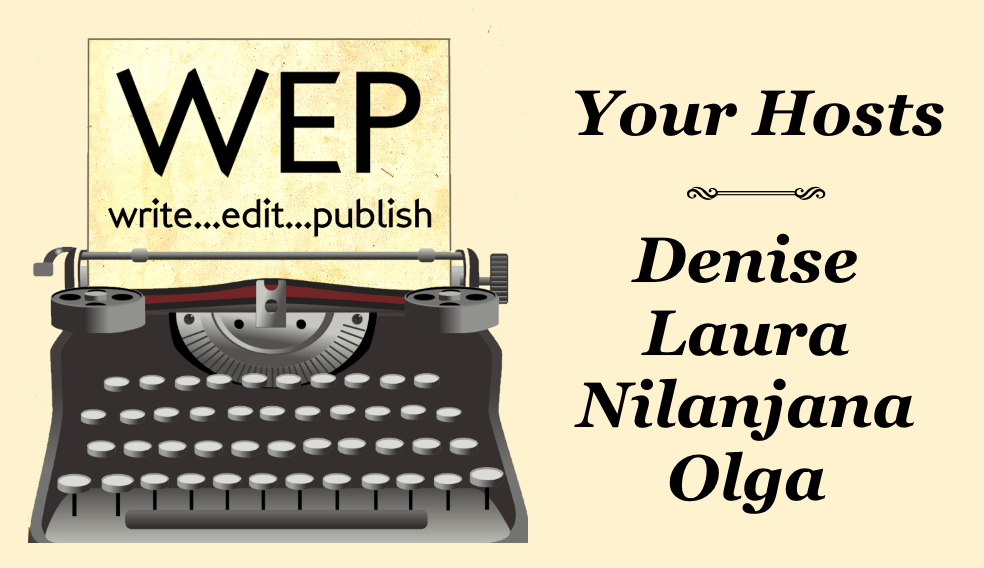
Hi Denise and all co-hosts ... thanks for setting these up for us ... I'll be there - adding my probably not exactly directly pertinent to the prompt WEP ... my usual way of life ... I'll enjoy it - and I'm sure everyone else will too. Thanks so much - cheers Hilary
ReplyDelete